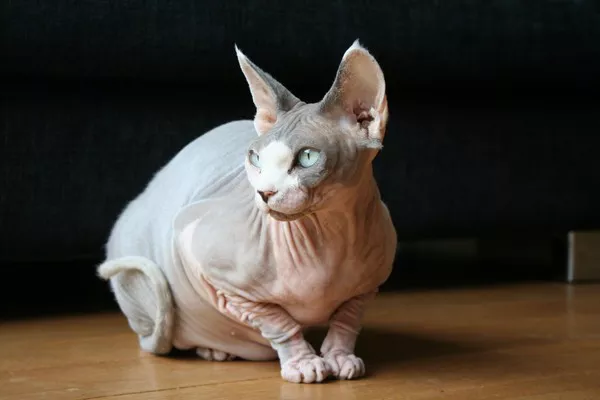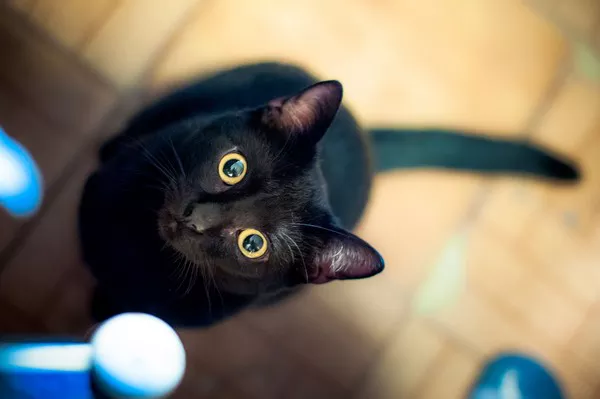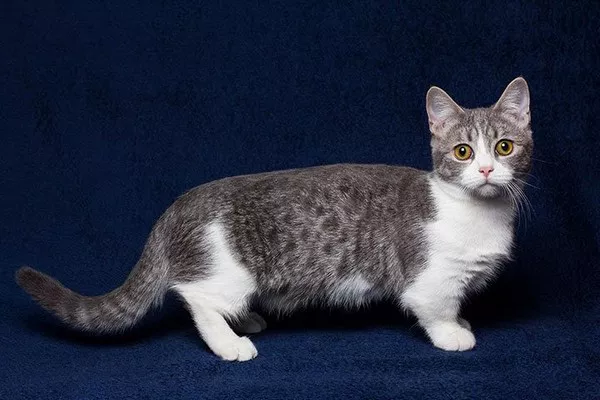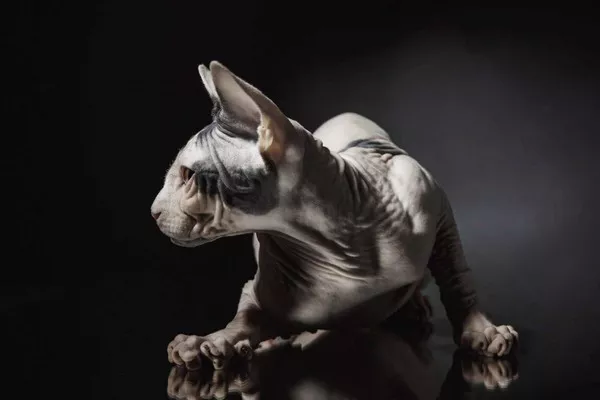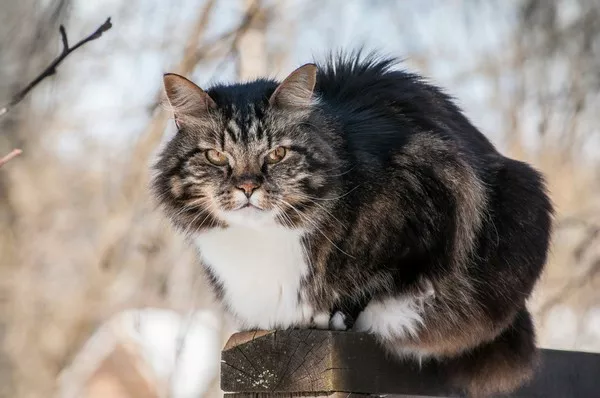Sphynx cats are a mesmerizing and captivating breed known for their unique appearance and loving personalities. With their hairless bodies, large ears, and wrinkled skin, they stand out among other cat breeds, garnering attention and admiration from cat enthusiasts worldwide. However, prospective Sphynx cat owners often encounter a significant investment when considering bringing one of these feline beauties into their homes. In this article, we will explore the various factors that contribute to the high cost of Sphynx cats and shed light on why they are considered one of the more expensive cat breeds.
The Rarity Factor
One of the primary reasons for the high cost of Sphynx cats is their relative rarity compared to more common cat breeds. Sphynx cats are a unique and specialized breed that resulted from a series of natural mutations and selective breeding efforts. The breed’s origins can be traced back to the early 1960s in Canada when a hairless kitten named Prune was born to a domestic cat. Subsequent breeding efforts led to the establishment of the Sphynx breed.
As a relatively new and niche breed, the number of Sphynx cats in existence is still relatively limited. Additionally, responsible breeders prioritize the health and well-being of their cats, ensuring controlled and ethical breeding practices. This focus on quality over quantity contributes to the scarcity of Sphynx cats, leading to higher prices.
Selective Breeding and Genetic Testing
Responsible breeders invest a significant amount of time, effort, and resources into selective breeding to ensure healthy and genetically sound Sphynx cats. This process involves carefully pairing cats with suitable mates to enhance desirable traits while minimizing the risk of hereditary health issues.
Due to their hairless nature, Sphynx cats require extra care and attention to maintain their skin health. Responsible breeders conduct genetic testing to identify potential health issues in their breeding lines, such as hypertrophic cardiomyopathy (a heart condition) and respiratory problems. These tests can be expensive and, combined with selective breeding practices, contribute to the higher cost of Sphynx cats.
Healthcare and Veterinary Expenses
Sphynx cats, being hairless, have unique healthcare needs compared to other cat breeds. Their lack of fur makes them susceptible to temperature changes, sunburn, and skin issues. As a result, regular visits to the veterinarian are crucial to monitor their health and address any skin-related concerns promptly.
Additionally, Sphynx cats may require special diets and supplements to maintain their skin’s health and overall well-being. The expenses associated with routine healthcare, vaccinations, and potential medical treatments further contribute to the overall cost of owning a Sphynx cat.
The Cost of Responsible Breeding
Reputable and responsible breeders play a vital role in ensuring the health and welfare of Sphynx cats. Responsible breeding involves providing a nurturing environment for the cats, appropriate veterinary care, proper nutrition, and socialization. All of these factors come with associated costs that responsible breeders must cover to ensure their cats are healthy and well-adjusted before they go to their forever homes.
Demand and Popularity
The popularity of Sphynx cats has grown steadily over the years due to their unique appearance and charming personalities. Social media and popular culture have further amplified their appeal, making them sought-after pets among cat lovers. As demand increases, breeders may adjust their prices to reflect the higher interest and the investment they have made in their breeding programs.
Transportation and Shipping Costs
Sphynx cats are not evenly distributed around the world, and prospective owners might find it challenging to locate reputable breeders in their local area. In such cases, transportation and shipping costs become a significant factor in the overall price of acquiring a Sphynx cat.
Transporting a cat, especially over long distances or across international borders, involves careful planning, adherence to travel regulations, and the use of specialized pet transport services. These expenses add to the overall cost of purchasing a Sphynx cat from a breeder located outside the buyer’s region.
Quality of Care and Attention
Responsible breeders ensure that their cats receive the best care and attention from birth to the time they are ready to be rehomed. This includes providing proper nutrition, early socialization, mental stimulation, and regular health check-ups. The investment in providing a loving and nurturing environment for the cats influences the price set by the breeder.
Ethical Considerations
When choosing to add a Sphynx cat to their family, prospective owners should be cautious of unusually low prices advertised by some sellers. Unscrupulous breeders may cut corners on healthcare, genetics, and overall well-being to offer cheaper kittens. Supporting such practices can perpetuate health issues and contribute to the suffering of cats involved in irresponsible breeding.
Conclusion
The allure of Sphynx cats lies not only in their striking appearance but also in their affectionate and outgoing personalities. Their uniqueness, relative rarity, specialized care requirements, and responsible breeding practices all contribute to the higher cost of acquiring a Sphynx cat. While the initial investment may seem substantial, potential owners should view it as a commitment to providing a loving home for a captivating and extraordinary feline companion for years to come. It is essential to conduct thorough research, find a reputable breeder, and prioritize the health and well-being of the cat when considering the acquisition of a Sphynx.

